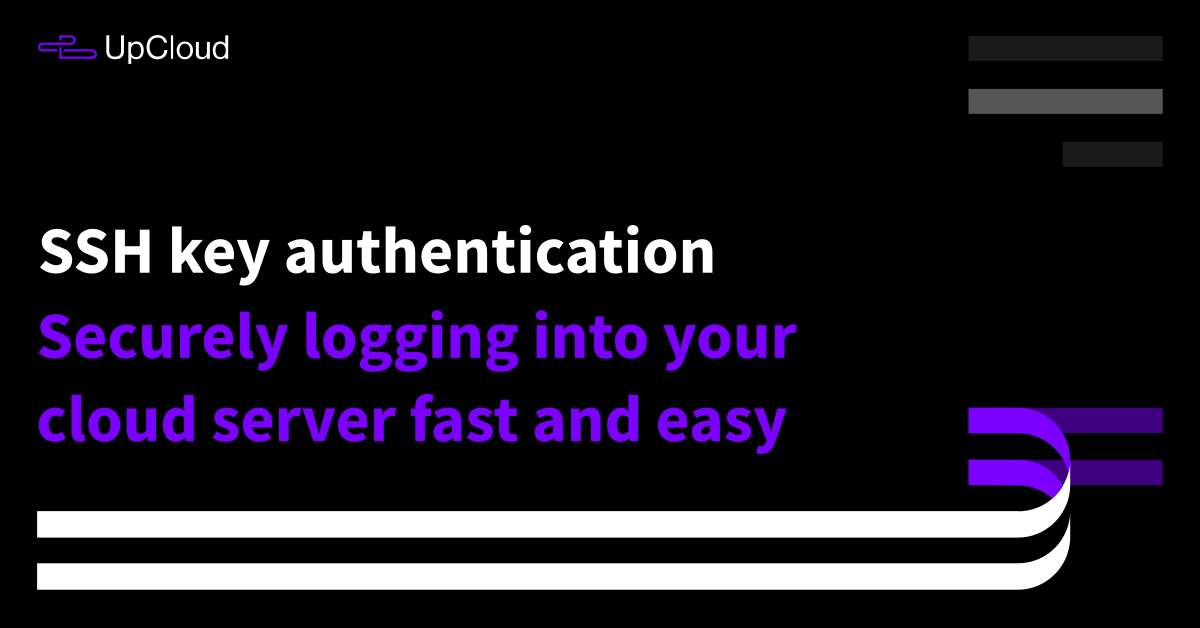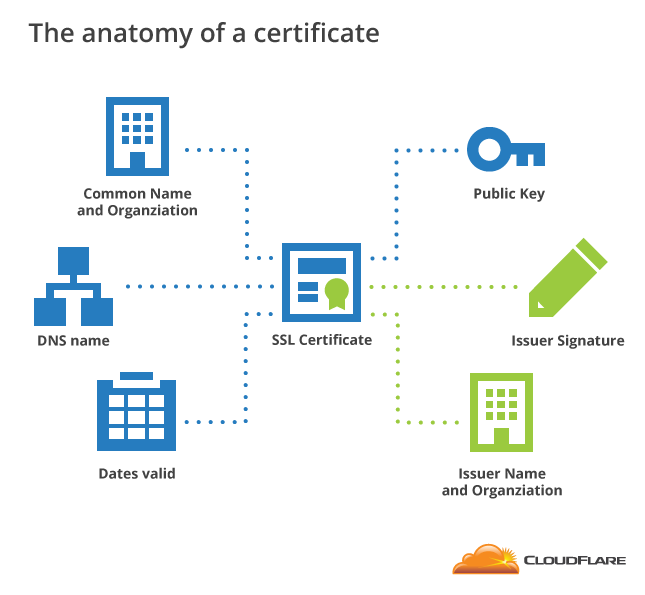Public And Private Key Generation Online
Online RSA Key Generator. Key Size 1024 bit. 512 bit; 1024 bit; 2048 bit; 4096 bit Generate New Keys Async. RSA Encryption Test. Text to encrypt: Encrypt / Decrypt. Nov 10, 2011 How to Generate A Public/Private SSH Key Linux By Damien – Posted on Nov 10, 2011 Nov 18, 2011 in Linux If you are using SSH frequently to connect to a remote host, one of the way to secure the connection is to use a public/private SSH key so no password is transmitted over the network and it can prevent against brute force attack.
The code snippet below show you how to use the JDK Security API to generate public and private keys. A private key can be use to sign a document and the public key is use to verify that the signature of the document is valid.
The API we use to generate the key pairs is in the java.security package. That’s mean we have to import this package into our code. The class for generating the key pairs is KeyPairGenerator. To get an instance of this class we have to call the getInstance() methods by providing two parameters. The first parameter is algorithm and the second parameter is the provider.
After obtaining an instance of the key generator we have to initialize it. The initialize() method takes two parameters, the key size and a source of randomness. We set the key size to 1024 and pass and instance of SecureRandom.

Finally to generate the key pairs we call the generateKeyPair() method of the KeyPairGenerator class. This will return a KeyPair object from where we can get the PrivateKey and PublicKey by calling the getPrivate() and getPublic() method.
Let’s see the code snippet below:
- How do I backup MySQL databases in Ubuntu? - December 16, 2019
- How do I set the time of java.util.Date instance to 00:00:00? - October 24, 2019
- How to Install Consolas Font in Mac OS X? - March 29, 2019
Several tools exist to generate SSH public/private key pairs. The following sections show how to generate an SSH key pair on UNIX, UNIX-like and Windows platforms.
Generating an SSH Key Pair on UNIX and UNIX-Like Platforms Using the ssh-keygen Utility
UNIX and UNIX-like platforms (including Solaris and Linux) include the ssh-keygen utility to generate SSH key pairs.
- Navigate to your home directory:
- Run the ssh-keygen utility, providing as
filenameyour choice of file name for the private key:The ssh-keygen utility prompts you for a passphrase for the private key.
- Enter a passphrase for the private key, or press Enter to create a private key without a passphrase:
Note:
While a passphrase is not required, you should specify one as a security measure to protect the private key from unauthorized use. When you specify a passphrase, a user must enter the passphrase every time the private key is used.
The ssh-keygen utility prompts you to enter the passphrase again.
- Enter the passphrase again, or press Enter again to continue creating a private key without a passphrase:
- The ssh-keygen utility displays a message indicating that the private key has been saved as
filenameand the public key has been saved asfilename.pub. It also displays information about the key fingerprint and randomart image.
Generating an SSH Key Pair on Windows Using the PuTTYgen Program
The PuTTYgen program is part of PuTTY, an open source networking client for the Windows platform.
Public And Private Key Generation online, free

Public And Private Key Generation Online Banking
- Download and install PuTTY or PuTTYgen.
To download PuTTY or PuTTYgen, go to http://www.putty.org/ and click the You can download PuTTY here link.
- Run the PuTTYgen program.
- Set the Type of key to generate option to SSH-2 RSA.
- In the Number of bits in a generated key box, enter 2048.
- Click Generate to generate a public/private key pair.
As the key is being generated, move the mouse around the blank area as directed.
- (Optional) Enter a passphrase for the private key in the Key passphrase box and reenter it in the Confirm passphrase box.
/ethereum-private-key-generator-with-balance.html. Note:
While a passphrase is not required, you should specify one as a security measure to protect the private key from unauthorized use. When you specify a passphrase, a user must enter the passphrase every time the private key is used. Nero 10 key generator free download.
- Click Save private key to save the private key to a file. To adhere to file-naming conventions, you should give the private key file an extension of
.ppk(PuTTY private key).Note:
The.ppkfile extension indicates that the private key is in PuTTY's proprietary format. You must use a key of this format when using PuTTY as your SSH client. It cannot be used with other SSH client tools. Refer to the PuTTY documentation to convert a private key in this format to a different format. - Select all of the characters in the Public key for pasting into OpenSSH authorized_keys file box.
Make sure you select all the characters, not just the ones you can see in the narrow window. If a scroll bar is next to the characters, you aren't seeing all the characters.
- Right-click somewhere in the selected text and select Copy from the menu.
- Open a text editor and paste the characters, just as you copied them. Start at the first character in the text editor, and do not insert any line breaks.
- Save the text file in the same folder where you saved the private key, using the
.pubextension to indicate that the file contains a public key. - If you or others are going to use an SSH client that requires the OpenSSH format for private keys (such as the
sshutility on Linux), export the private key:- On the Conversions menu, choose Export OpenSSH key.
- Save the private key in OpenSSH format in the same folder where you saved the private key in
.ppkformat, using an extension such as.opensshto indicate the file's content.